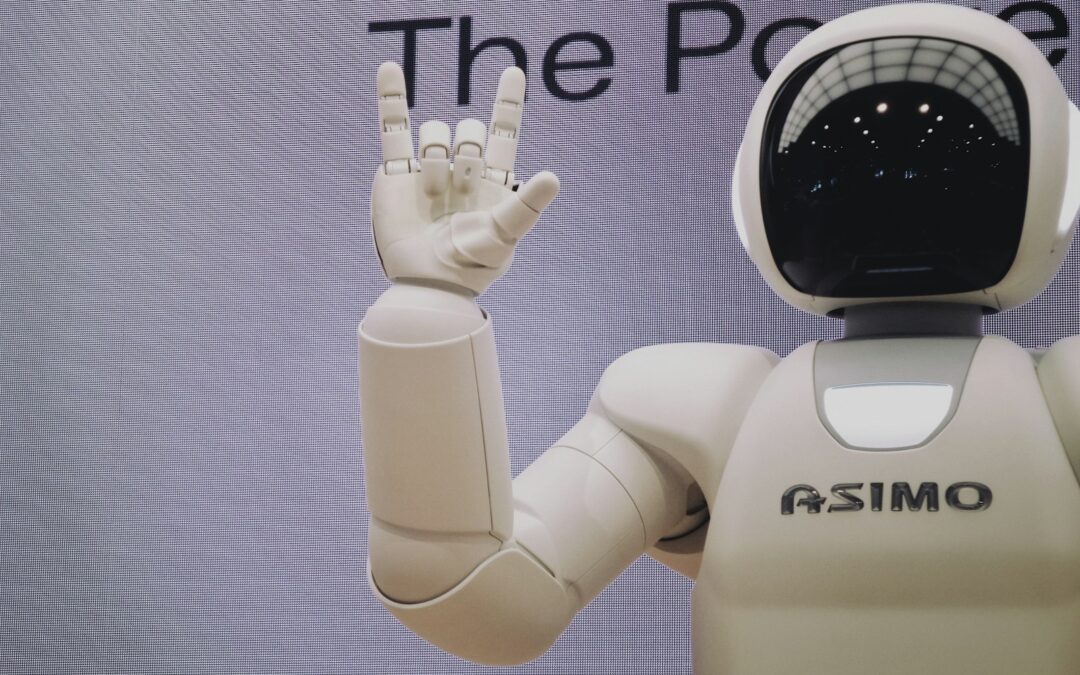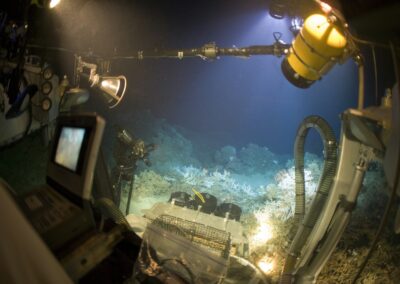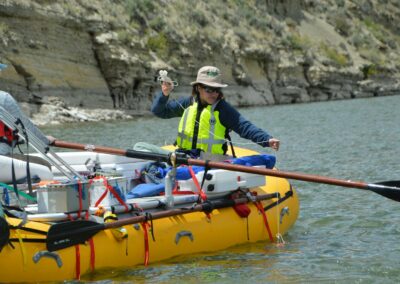AI and Machine Learning: Transforming Environmental Sustainability
Advancing Environmental Monitoring
AI and machine learning (ML) technologies are revolutionizing the field of environmental monitoring, offering unprecedented capabilities for tracking and analyzing ecological data. In Saudi Arabia and the UAE, where urban development is rapidly progressing in cities like Riyadh and Dubai, these technologies are essential for ensuring sustainable growth. AI-powered sensors and drones can collect real-time data on air and water quality, biodiversity, and land use changes. By processing this vast amount of data, ML algorithms can identify patterns and trends that would be impossible for humans to detect. This enables more accurate and timely decision-making, ensuring that environmental policies are based on the latest and most comprehensive data available.
Optimizing Resource Management
The integration of AI and machine learning in resource management is leading to more efficient and sustainable use of natural resources. In arid regions like Saudi Arabia and the UAE, water conservation is a critical concern. AI technologies can optimize irrigation systems by predicting weather patterns and soil moisture levels, ensuring that water is used efficiently and effectively. Similarly, in energy management, AI can optimize the operation of renewable energy sources such as solar and wind power, balancing supply and demand to minimize waste. This not only supports environmental sustainability but also enhances business success by reducing operational costs and increasing efficiency.
Enhancing Conservation Efforts
Conservation efforts in Saudi Arabia and the UAE are being significantly bolstered by AI and machine learning technologies. For instance, AI-powered camera traps and acoustic sensors are being used to monitor wildlife populations and track endangered species. These tools can automatically identify species and behaviors, providing valuable data for conservationists. In marine conservation, AI is used to analyze satellite imagery and track illegal fishing activities, helping to protect vulnerable marine ecosystems. By leveraging these advanced technologies, conservationists can implement more effective strategies to preserve biodiversity and maintain ecological balance, ensuring the long-term health of natural habitats.
Innovative Applications of AI and Machine Learning in Conservation
Predictive analytics powered by AI and machine learning is a game-changer for environmental management. These tools can forecast environmental changes and potential threats, allowing for proactive measures to mitigate negative impacts. In Saudi Arabia and the UAE, predictive analytics can be used to anticipate and manage the effects of climate change, such as rising temperatures and shifting precipitation patterns. This foresight enables governments and businesses to develop adaptive strategies, ensuring resilience in the face of environmental challenges. By using data-driven insights to guide policy and planning, these regions can continue to thrive sustainably.
AI-Driven Public Awareness and Engagement
AI and machine learning are also playing a crucial role in raising public awareness and engagement in environmental sustainability. Advanced AI tools can analyze social media and online content to gauge public sentiment on environmental issues, enabling more targeted and effective communication campaigns. In Riyadh and Dubai, businesses and government agencies can use these insights to engage with the public and promote sustainable practices. Additionally, AI-powered educational platforms can provide personalized learning experiences, fostering a deeper understanding of environmental issues and encouraging proactive participation in conservation efforts. This increased awareness and engagement are vital for driving collective action towards a more sustainable future.
Supporting Sustainable Development Goals
AI and machine learning are instrumental in advancing the United Nations Sustainable Development Goals (SDGs) in Saudi Arabia and the UAE. These technologies provide the tools needed to monitor progress and identify areas for improvement across various sustainability metrics. For example, AI can help track advancements in clean energy adoption, water conservation, and biodiversity preservation. By providing a clear and data-driven picture of where efforts are succeeding and where additional focus is needed, AI supports the effective implementation of SDGs. This strategic alignment with global sustainability goals not only benefits the environment but also enhances the reputation and success of businesses committed to sustainable practices.
#AI #MachineLearning #EnvironmentalSustainability #Conservation #Innovation #SaudiArabia #UAE #Riyadh #Dubai #ChangeManagement #ExecutiveCoaching #EffectiveCommunication #BusinessSuccess #ManagementConsulting #LeadershipSkills #ProjectManagement























